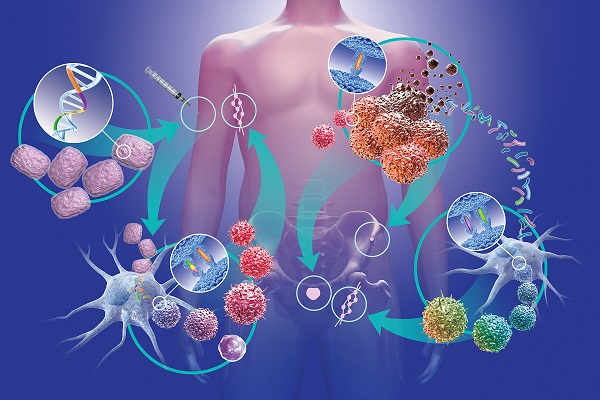Most of us know somebody or the other who has extremely late sleeping and waking habit. With little adjustments in sleeping and waking timing, ‘Night Owls’, could have a life. Eating better, reduced stress and depression, and better performance throughout the day are some aspects to work on.
In a study, researchers suggest possibility of changing the circadian rhythm of ‘Night Owls’ without any practical and pharmacological interventions. Researchers from Universities of Surrey and Birmingham, the UK, and Monash University, Australia studied this behavior for three weeks.
Improvement without Pharmacological Interventions
The study manifested that the participants could advance their sleep/wake timings by two hours without any adverse effect on the total duration of the sleep. Furthermore, participants exhibited reduced levels of stress and depression. Daytime sleepiness also decreased following such adjustments in sleep/wake timings.
Dr Elise Facer-Childs, lead researcher from Monash University’s Turner Institute for Brain and Mental Health, said that their research findings underscore the ability of simple non-pharmacological intervention to advance the sleep/wake timings of night owls, reduce daytime sleepiness. In addition to that, such -pharmacological interventions also optimise performance during the day in the real world, reduce stress and depression and contribute towards overall well-being of the person.
The internal body clock of ‘Night owls’ does not permit them to sleep before 2:30 am and wake before 10:15 am. These are the usual timings for night owls.
However, scientists attribute a wide variety of health issues to haphazard sleeping habits. Aspects such as mortality and morbidity rates, reduced physical performance and cognitive abilities, and mood swings are critical.
The research work was published on Sleep Medicine, an international journal.



